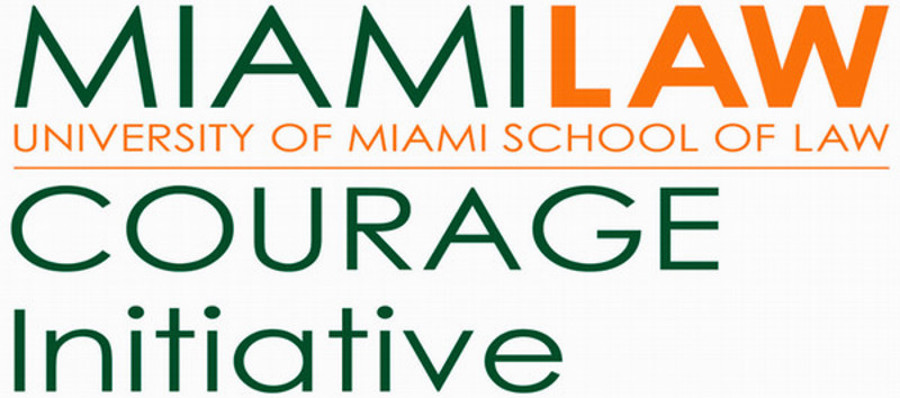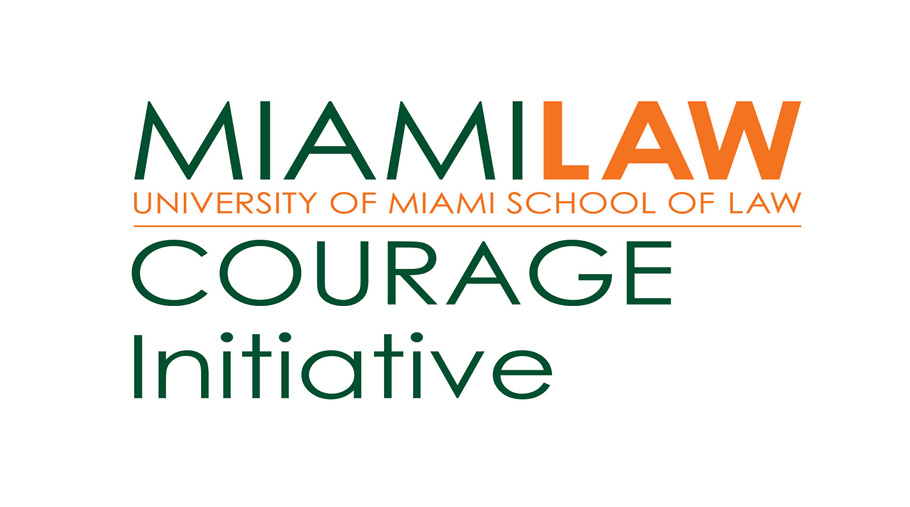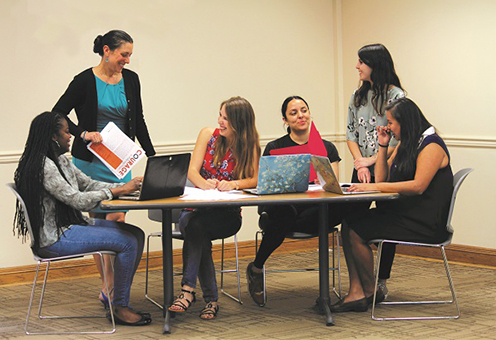Miami Law’s Human Rights Clinic developed a human rights framework for improving law enforcement responses to gender-based violence, as well as a series of country case studies, focused on Canada, Brazil (in English and Portuguese), and the U.S., assessing good practices and challenges using this framework.
Litigation:
- In October 2018, the Human Rights Clinic authored an intervention before the European Court of Human Rights focused on addressing officer-perpetrated domestic violence. The Clinic argued for heightened state responsibility in cases of officer-perpetrated GBV, noting that officers are uniquely positioned to use their state authority, training, and access to weapons and resources to facilitate abuse in their relationship. Moreover, heightened vigilance by the state is required to prevent impunity and safeguard the justice system’s integrity.
- In October 2022, the Court issued its decision, agreeing that states must be “all the more stringent when investigating . . . their own law enforcement officers for the commission of serious crimes, including domestic violence and violence against women in general, than they are with ordinary offenders, because what is at stake is not only the issue of the individual criminal-law liability of the perpetrators but also the State’s duty to combat any sense of impunity felt by the offenders by virtue of their very office, and maintain public confidence in and respect for the law-enforcement system.” Please see a web story and blog on this case.
A package of materials pushing for the repeal of Florida law SB 168 and other anti-immigrant laws in the U.S.:
- In September 2020, the Clinic submitted an Amicus Brief to the Southern District of Florida in support of the plaintiffs in City of South Miami, et al. v. Ron DeSantis, et al. The brief discusses how SB 168 will negatively impact immigrant survivors of gender-based violence.
- In February 2020, the Clinic published a law review article in the Harvard Latinx Law Review that discusses how anti-immigrant laws violate the international human rights law to which the United States is bound.
- In November 2019, the Clinic published an op-ed in the Miami Herald. The link to the article can be found here: Repeal Florida law that leaves immigrant domestic-violence victims in greater danger | Opinion
- In October 2019, the Clinic submitted a report on the impact of anti-immigrant laws in the U.S. on immigrant survivors of gender-based violence, as part of the upcoming Universal Periodic Review of the U.S. by the U.N. Human Rights Council, The Clinic's report highlights Florida’s new anti-immigrant law, SB 168, as a prime example of how such laws place survivors in greater danger, exacerbate their trauma, and undermine public safety. A web story on this advocacy can be found at Clinic Submits Four Reports to the United Nations Alleging Violations in the U.S. The Clinic additionally developed a factsheet on the impact of SB 168 on Immigrant survivors of gender-based violence.
Community Surveys:
- In February 2019, the Human Rights Clinic launched two surveys in English, Spanish, and Haitian Creole, geared towards survivors of domestic violence and sexual assault and their advocates in South Florida on their experience with law enforcement responses to domestic violence and sexual assault. The COURAGE team developed these surveys following roundtables with various community-based organizations in South Florida.
- Additionally, the Clinic developed a survey in English and Spanish geared towards service providers of domestic violence and sexual assault in South Florida on their experience with the COVID-19 pandemic.







